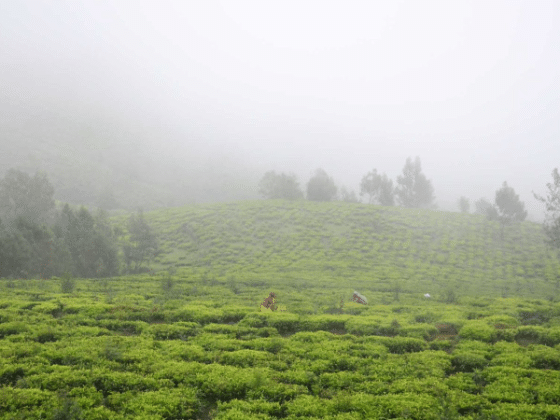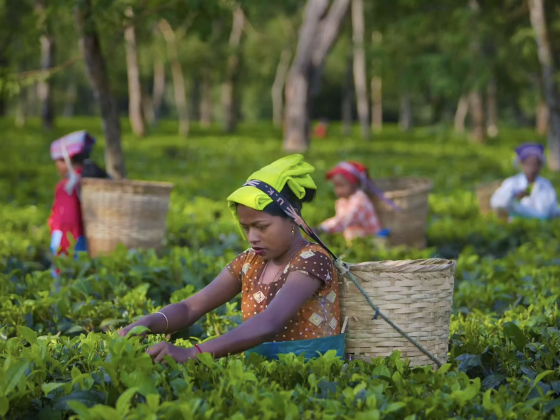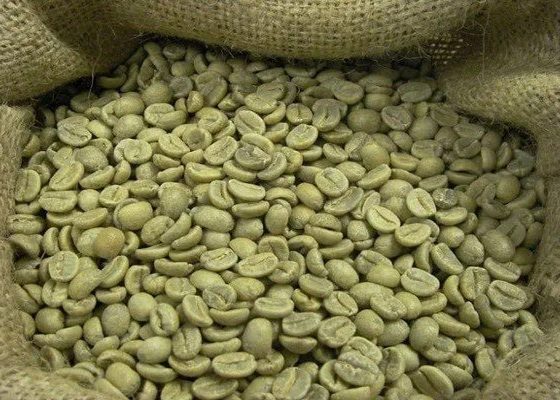McLeod Russel Ltd. (MCLR), the world’s biggest tea grower, is forecasting the fastest profit growth in four years as rising consumption and a drop in global production boost prices to a record.
Net income at the Kolkata-based company may rise as much as 20 percent in the 12 months through March 31, Chief Financial Officer Kamal Baheti said in an interview. Prices may increase by an average 25 rupees (45 cents) a kilogram (2.2 pounds), or 18 percent over last year, as dry weather cuts output of black tea from Kenya to Sri Lanka, he said.
McLeod, which traces its origins to a partnership formed by two Englishmen in 1869 in the city formerly known as Calcutta, is benefiting from demand exceeding supply, with the stock poised for its best year since 2009. Global black-tea consumption is projected to rise 21 percent in the 10 years to 2021, according to estimates by the Food and Agriculture Organization. A rally in prices may increase costs for Unilever Plc, the world’s second-biggest consumer-goods company, and Tata Global Beverages Ltd. (TGBL), owner of the Tetley brand.
“Tea prices are very strong globally just because production is not at all good,” said Paras Bothra, vice president for research at Ashika Stock Broking Ltd. “Even if McLeod maintains last year’s production levels, still the profit is going to be quite huge. McLeod is going to post quite strong results at least for the next two quarters.”
Stock Rally
Group profit at McLeod may climb to 3.45 billion rupees ($62 million) in the year ending March 31, from about 2.9 billion rupees last year, according to the median estimate of seven analysts compiled by Bloomberg. Sales may also gain 20 percent from 14.45 billion rupees, Baheti said.
The shares have rallied 56 percent this year, compared with a 13 percent gain in the benchmark Sensitive Index. (SENSEX) The stock fell 1.1 percent yesterday to 294.85 rupees in Mumbai. All 13 analysts who track the stock rate it a buy, according to data compiled by Bloomberg.
A loss of about 60 million kilograms because of dry weather and frost early this year may widen a “pipeline deficit” in the global tea market, Baheti said. India’s harvest declined 14 percent to 143.4 million kilograms in the first four months of this year, according to state-run Tea Board of India.
“I don’t think there’s much chance to recover the loss in production as well as the shortage in pipeline stock,” Baheti said. “Prices will continue to remain firm for the rest of the year.”
Output Drop
Production in Kenya, the world’s biggest exporter of black tea, fell 14 percent to 127.8 million kilograms in the five months through May from a year earlier, according to the Tea Board of Kenya. Output in Sri Lanka, the second-biggest shipper, is down 3.8 percent to 135.6 million kilograms, according to Sri Lanka Tea Board.
“Globally, production can’t go up because the area under tea plantation remains the same,” Baheti said. “Consumption of all food items including tea is growing. Consumption growth in India is something that will remain for many years to come.”
India is the second-largest consumer of tea after China, according to Sujit Patra, joint secretary of the Indian Tea Association. The nation consumed 856 kilograms in 2011, according to the Tea Board.
McLeod, which owns 38,000 hectares (93,900 acres) of tea plantations in India, Vietnam and Uganda, expects its output to rise about 2 per cent to 104 million kilograms this year, Baheti said. A rebound in production in the coming months may help it compensate for a decline of about 2.5 million kilograms since the start of the year, he said.
Monsoon Rains
India’s tea harvest may drop to as low as 965 million kilograms this year from 988 million kilograms a year earlier after dry weather in April in Assam hurt yields, Baheti said. Heavy monsoon rains since the end of last month that have flooded most parts of the northeastern state, which accounts for more than 50 percent of the nation’s output, may spare the crop, he said.
McLeod is selling its tea at weekly auctions between 165 rupees and 170 rupees a kilogram, more than the average 135 rupees to 140 rupees a year earlier, he said.
“Once supply moves up rapidly in the global market, these prices would be coming down or may even crash,” said Ashika’s Bothra, who rates McLeod a buy. “A good crop is required for that and that doesn’t seem likely for at least the next two quarters.”
A slump in India’s rupee against the dollar to a record low may make Indian exports more competitive and shortages in Kenyan supplies will boost demand for tea from South Asia, McLeod’s Baheti said. McLeod’s shipments may increase to 27 million kilograms from 24 million kilogram a year ago, he said.
Source: businessweek.com/news/2012-07-02/biggest-tea-grower-sees-prices-boosting-profit-corporate-india









